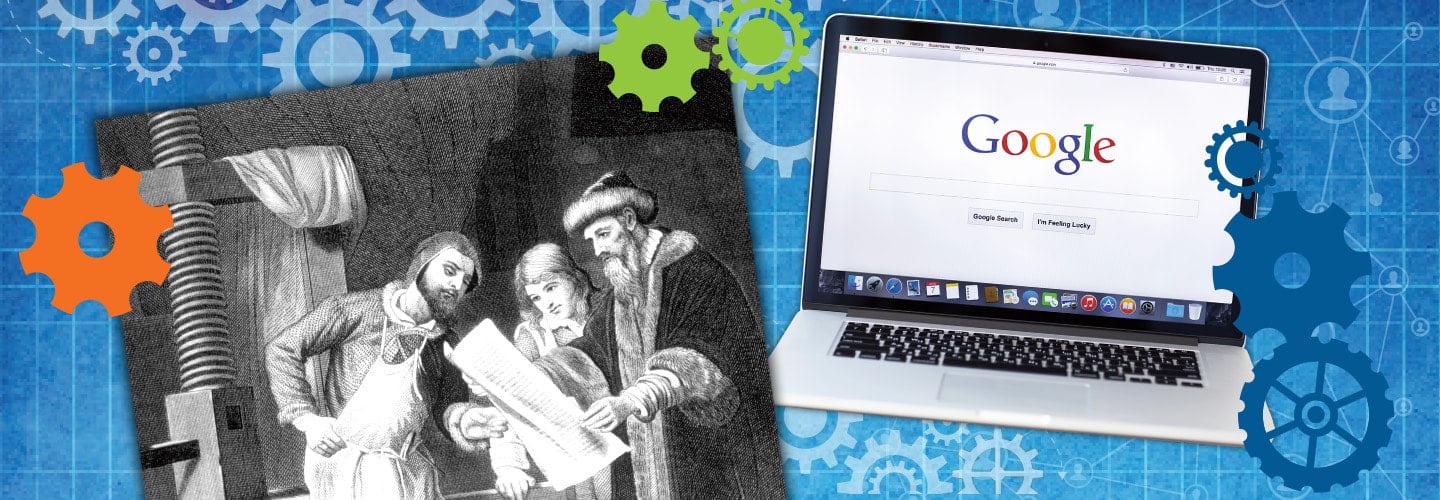Tolga TEZCAN/Getty Images (paper); Shutterstock.com (plant)
Paper may not seem all that important. You probably use it every day without much thought. But when it was invented more than 5,000 years ago, paper was revolutionary. Back then, many people carved their writings into stone, wood, or tablets made of clay.
Ancient Egyptians had a better idea. They came up with a way to use a plant called papyrus to make paper. Their creation was lightweight and strong. Best of all, it wasn’t that difficult to make.
Papyrus paper was so life-changing that people used it for thousands of years to record and share their ideas. Few other inventions have lasted nearly as long.
Papyrus was just the beginning of using plants to make paper. Rice and cotton have been used too. Today, paper is mostly made from trees.

